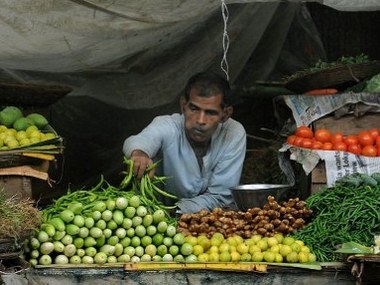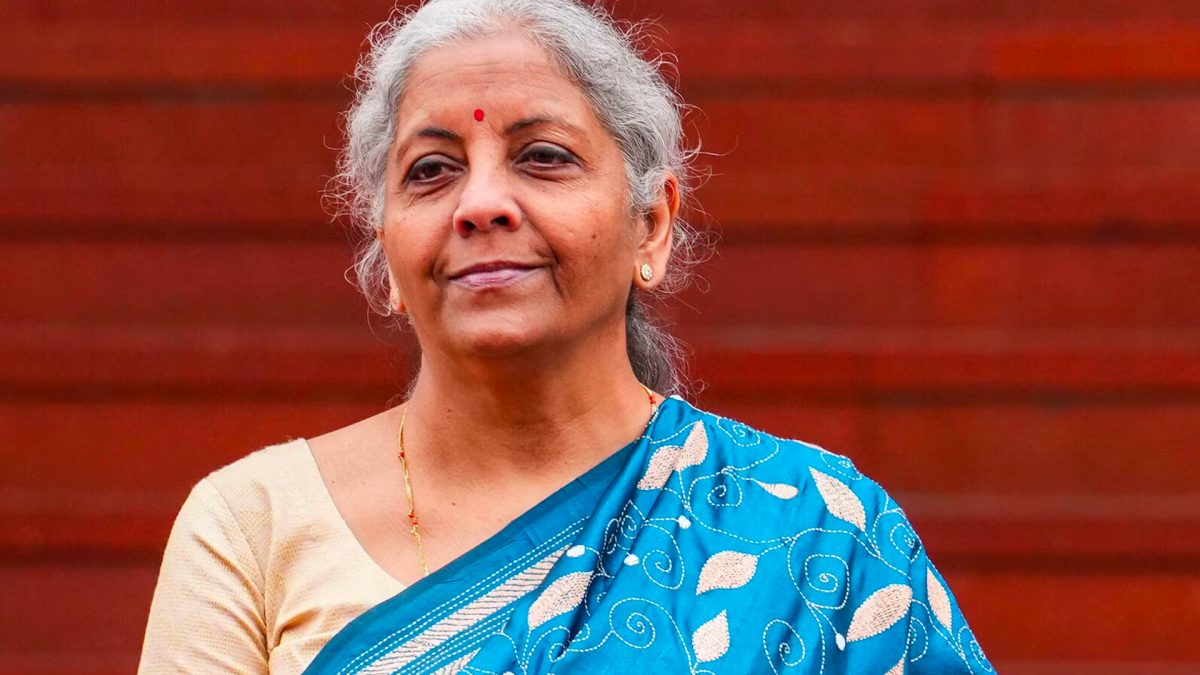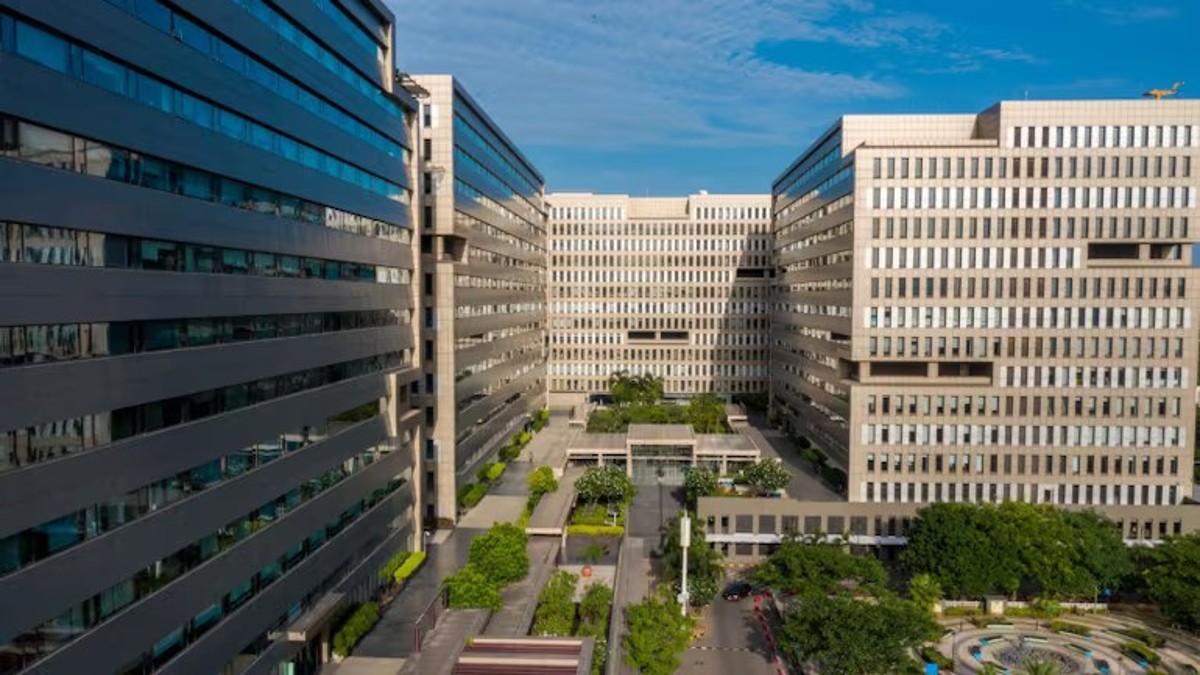India’s stubbornly high inflation finally appears to be slowing down following a cooling in vegetable prices, bringing some relief to the ruling Congress party which is struggling to win back voters ahead of a national election due by May.
December consumer price index (CPI) eased to 9.87 percent against 11.24 percent in November due to a fall in vegetable prices.CNBC-TV18 poll had estimated December consumer inflation at 10.14 percent .
Food inflation eased to 12. 16 percent against 14.72 percent in November. The rural inflation rate fell to 10.49 percent as against 11.66 percent, month on month.Urban inflation was at 9.11 percent against 10.53 percent from the previous month.
Easing inflation will also make life easier for a Reserve Bank of India (RBI) that has an arduous task of pulling the economy out of a stagflation-like situation. Economic growth has been stuck below 5 percent for the past four quarters but prices have risen at a fast clip.
For the RBI one of the conditions laid out in the policy statement has been clearly achieved, " said Indranil Pan of Kotak Mahindra Bank in an interview with CNBC-TV18.
RBI governor Raghuram Rajan had leftthe lending rate unchanged last month but warned of another hike if prices did not moderate substantially. He is due to review monetary policy on January 28.
A reduction in inflation should open the way for the RBI to keep holding rates, though there could be pressure to raise them to keep equity inflows in the country if the US Federal Reserve steadily reduces its stimulus and the dollar strengthens.
India’s factory data for Novembercontracted 2.1 percent year on year against expectations of a 1 percent growth, led by a 3.5 percent decline in the manufacturing sector which accounts for 80 percent of the industrial basket, strenthenging the case for status quo on policy rate.
Meanwhile, wholesale prices data is due on Tuesday at 0630 GMT.Annual headline inflation has been averaging 8 percent, almost double the central bank’s comfort zone, for the past four years. Even India’s worst economic slowdown in a decade has failed to cool prices.
Persistently high inflation amid the slowdown is pressuring household budgets and company profits, hitting consumer demand as well as corporate investments.
At the heart of inflationary woes are the prices of essential food items such as vegetables. Spikes in their prices have led to demands for higher wages, which in turn have raised costs for companies.
With inputs from Reuters


)




)
)
)
)
)
)
)
)